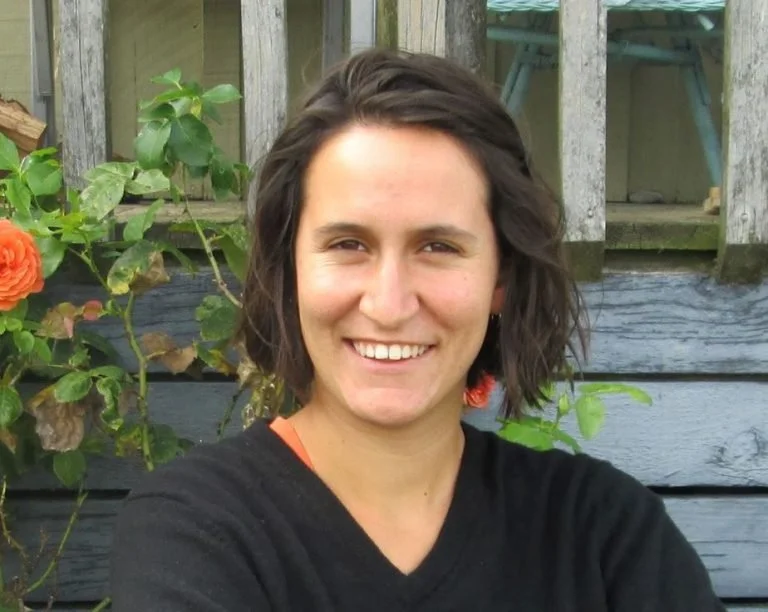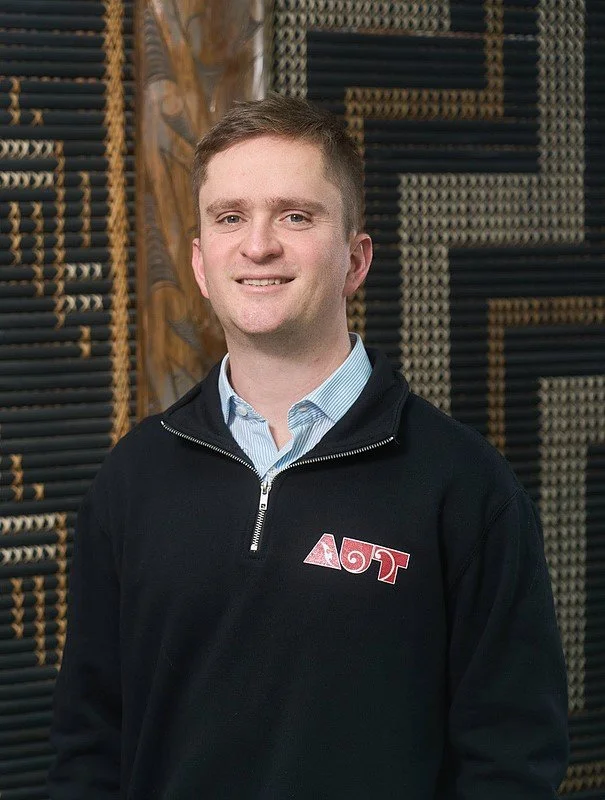Amplifying Māori Approaches
Enter the details to download the report
Māori economies offer powerful leadership, values and practices that can seed a more just, regenerative economic future for all - one grounded in care for people, place, and future generations.
We are proud to launch this landmark report amplifying this leadership, and showcasing how Māori economic approaches provide a positive, values-led alternative to the current, broken business-as-usual model.
Titled Amplifying Māori Approaches: The Transformative Potential of Māori Economies, the report was authored by Matthew Scobie (Kāi Tahu), with co-authors Tayla Forward (Ngāpuhi), Georgia McLellan (Whakatōhea & Ngāi Te Rangi), Jack Barrett (Ngāpuhi), and Danielle Webb (Ngāpuhi).
The report highlights the growing strength of the Māori economy, which contributed $32 billion to Aotearoa’s GDP in 2018, with assets reaching $126 billion by 2023. Yet, it also identifies deep-rooted structural barriers that must be dismantled to unlock the full potential of a Māori values-led economy.
Despite operating within a system that often conflicts with Indigenous worldviews, Māori businesses are thriving. This resilience and innovation show that a Māori values-led economy; guided by principles such as whakapapa (kinship), tauutuutu (reciprocity), kaitiakitanga (guardianship), and mana, has the power to shape a future where both people and nature flourish.
At WEAll, we believe this approach offers a compelling model for all: one that moves us towards a wellbeing economy for everyone.
-

Matthew Scobie
Matthew Scobie is Kāi Tahu (Kāti Huirapa) and Tauiwi. He is the author of the BWB text ’The Economic Possibilities of Decolonisation’ and teaches Indigenous economics and corporate responsibility in the Business School at the University of Canterbury. His research is committed to Indigenous reconstruction and draws from political economy and critical accounting.
-

Tayla Forward
Tayla Forward (Ngāpuhi) is a researcher in economics and political economy based in Tāmaki. Fellow of the World Inequality Lab, postgraduate studies at the Paris School of Economics, and a research associate at Victoria University of Wellington and at the University of Canterbury. Formerly analyst at the Treasury and private secretary to the Minister of Finance.
-

Georgia McLellan
Georgia McLellan (Whakatōhea & Ngāi Te Rangi) is a Research Fellow at the University of Auckland's School of Management and International Business, working on Tauhokoko, an Indigenous trade project. She recently completed her PhD on Whakatōhea kuku (green-lipped mussel) economies, examining Indigenous economic practices through a Māori perspective.
-

Danielle Webb
Danielle Webb (Ngāpuhi) is a community worker and part-time researcher. In 2022 she completed an MA in Sociology titled "Marxism, Rangatiratanga, and Māori Economies: Can the rangatiratanga sphere be built within settler capitalism? Her thesis examines Māori economies through a Marxist lens and explores economic possibilities, and compromises Māori need to make in the pursuit of tino rangatiratanga.
-

Jack Barrett
Jack Barrett (Ngāpuhi) is a Lecturer at the Auckland University of Technology (AUT) Business School. He recently completed his PhD, which explored Indigenous-led housing provision through community enterprise. His research interests focus on diverse forms of Indigenous business and economy, and their transformative potential.
Māori wellbeing economies are leading on the global stage.
Watch this webinar to hear from Chellie Spiller and Sacha McMeekings on:
what a Māori wellbeing economy looks like,
how leadership and governance differ in a Māori economy, and
practical ways for policymakers to implement Māori governance principles.
This was a collaboration between WEAll, WEAll Aotearoa and
ZOE Institute for Future-fit Economies.


